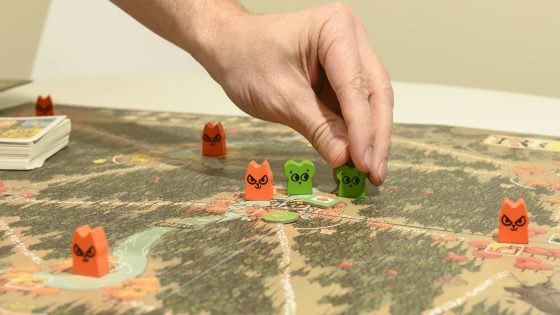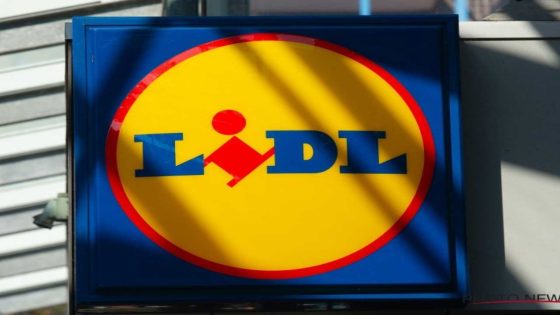The board game industry is facing significant challenges as companies navigate rising costs and tariffs. Atlas Games, known for its innovative titles, primarily sells through local game shops like Source Comics and Games. As of May 1, 2025, Barnes & Noble is testing the waters with the Vicious Gardens game, highlighting a shift in retail strategies.
- Atlas Games sells through local game shops.
- Barnes & Noble testing Vicious Gardens game.
- Board game pricing marks up 5-10 times.
- 145% tariffs threaten manufacturers' profits.
- Delays hinder innovation in board game industry.
- Long development time for board games.
Board game pricing typically involves a markup of five to ten times manufacturing costs. However, with 145% tariffs on Chinese goods, many manufacturers are struggling to maintain profitability. “If a company was already having trouble, this would be the kind of thing that they’d say, ‘Yeah, look, it’s just not gonna get better soon,’” said industry expert Nephew.
As product delays mount, innovation may take a backseat. Companies will likely focus on bestsellers to preserve capital and minimize risk, according to Silva. How will this impact the future of board games?
This situation raises a crucial question: How will these challenges shape the future of board games? The industry may see a shift toward safer, more established titles, which could stifle creativity. Key points include:
- High tariffs are squeezing profit margins.
- Companies may prioritize bestsellers over new ideas.
- Long development times could delay new releases.
As the landscape evolves, consumers and retailers alike must adapt. Will the industry find a way to innovate despite these hurdles? Stay tuned for developments that could reshape your gaming experience.
























